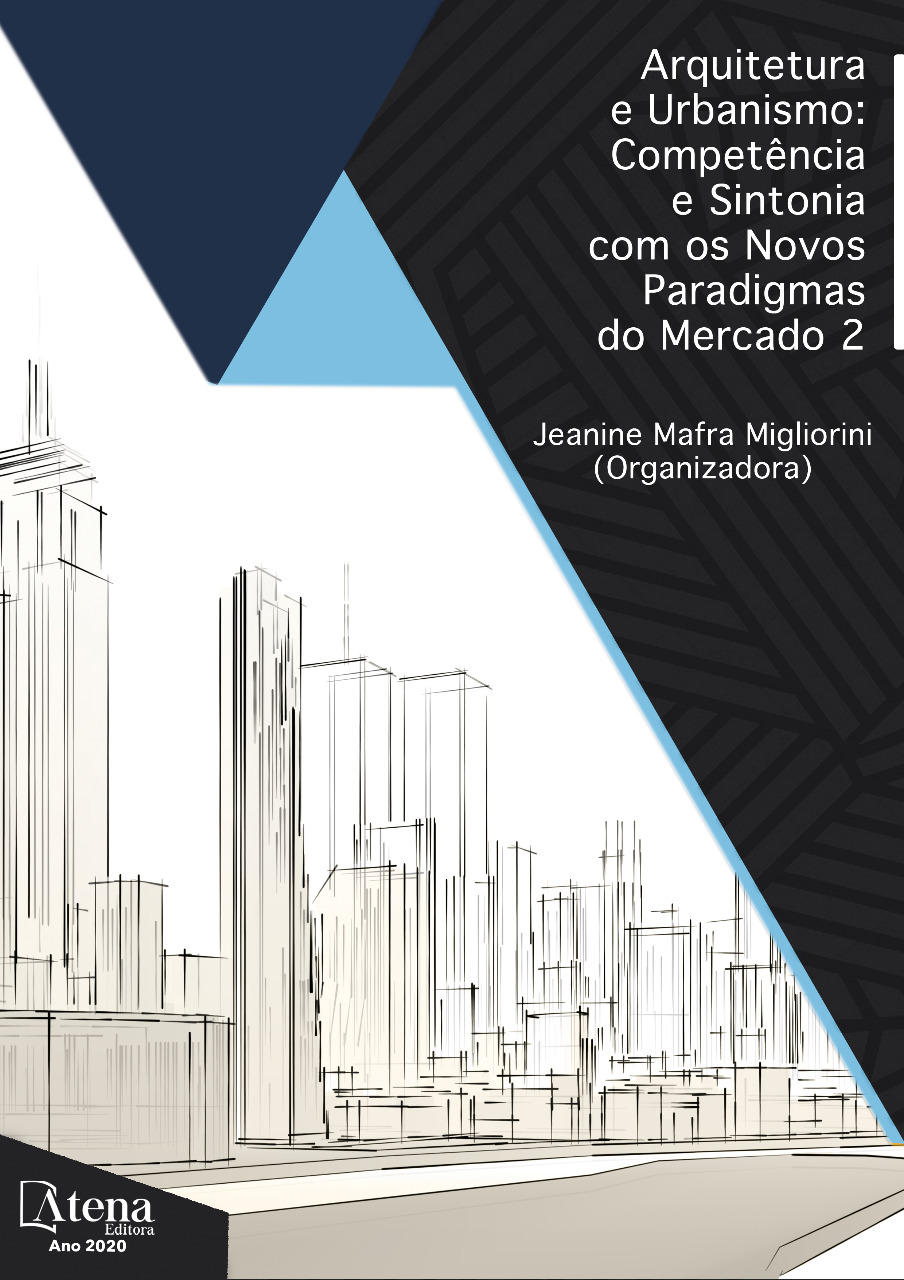
A OCUPAÇÃO PORTUGUESA NO EXTREMO SUL DO BRASIL: A COLÔNIA DO SACRAMENTO E O HIBRIDISMO CONFIGURACIONAL
A investigação das contínuas transformações espaciais ocorridas na antiga Aldeia de Manuel Lobo (fundada em 1680), atual Colônia do Sacramento, no Uruguai, associa-se às pesquisas que procuram interpretar os modos de construção e consolidação das cidades de origem colonial portuguesa ao redor do mundo. Com base nesta premissa, o artigo procura compreender as transformações morfológicas experimentadas pela cidade, do centro antigo às áreas de expansão, tendo por base a leitura configuracional segundo a Teoria da Lógica Social do Espaço ou Sintaxe do Espaço (HILLIER; HANSON, 1984; MEDEIROS, 2013). Por meio de estratégias teóricas, metodológicas e ferramentais associadas à abordagem, o sistema urbano é analisado diacronicamente em seus aspectos formais, consoante variáveis vinculadas a três categorias de interpretação: a) concentração ou dispersão da mancha urbana; b) regularidade da forma do mapa; e c) existência de unidade de grelha predominante. Busca-se compreender o quanto esta cidade de apelo patrimonial (cujo núcleo pioneiro é resultado do assentamento português) mantém as características iniciais de implantação. Os resultados obtidos apontam que, durante décadas como palco de disputas entre as coroas portuguesa e a espanhola, o núcleo urbano experimentou diversas mudanças, de modo que hoje a estrutura do assentamento muito se distancia da configuração setecentista. A sobreposição de tipos morfológicos e o padrão resultante produzem um afastamento entre as características do centro antigo, classificado como Patrimônio Cultural da Humanidade pelo UNESCO em 1995, e o sistema urbano atual, relegando o primeiro a um apêndice da Colônia contemporânea.
A OCUPAÇÃO PORTUGUESA NO EXTREMO SUL DO BRASIL: A COLÔNIA DO SACRAMENTO E O HIBRIDISMO CONFIGURACIONAL
-
DOI: 10.22533/at.ed.2922029047
-
Palavras-chave: Colonização portuguesa. Colonização espanhola. Colônia do Sacramento. Padrões morfológicos.
-
Keywords: Portuguese colonization. Spanish colonization. Colonia del Sacramento. Morphological patterns.
-
Abstract:
The investigation of the continuous spatial transformations that took place in the former Manuel Lobo Village (founded in 1680), present-day Colonia del Sacramento, Uruguay, is associated with researches that seek to interpret the ways of construction and consolidation of Portuguese’s colonial cities around the world. Based on this premise, the article seeks to understand the morphological transformations experienced by this city, from its historic center to the expansion areas, based on the configurational reading and according to the Social Logic of Space Theory (HILLIER; HANSON, 1984; MEDEIROS, 2013). Through theoretical, methodological and tooling strategies associated with the approach, the urbanized area of Colonia is analyzed diachronically in its formal aspects, according to variables linked to three interpretation categories: a) concentration or dispersion of the urbanized area; b) map shape regularity; and c) existence (or not) of predominant grid unit. We seek to understand how this city of patrimonial appeal (whose pioneering nucleus is the result of the Portuguese settlement) maintains the initial characteristics of its implementation. The results show that after decades as a place of disputes between the Portuguese and Spanish Royal Crown, the urban nucleus underwent several changes, so that today the structure of the settlement is very far from the 17th century configuration. The overlap of morphological types and its resulting patterns produce a gap between the characteristics of the Colonia’s historic center (classified as a World Cultural Heritage by UNESCO in 1995) and the current urbanized area, relegating the former to an appendix of the contemporary Colonia del Sacramento.
-
Número de páginas: 17
- Valério Augusto Soares de Medeiros
- Ivan Oliveira de Grande


